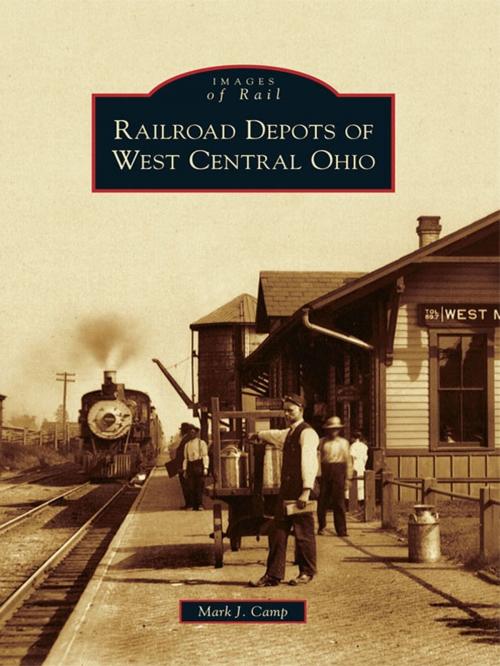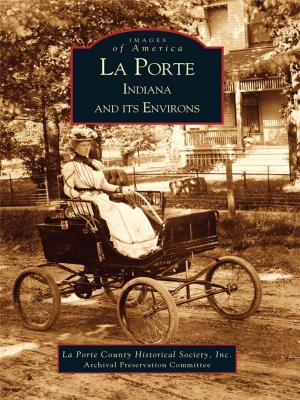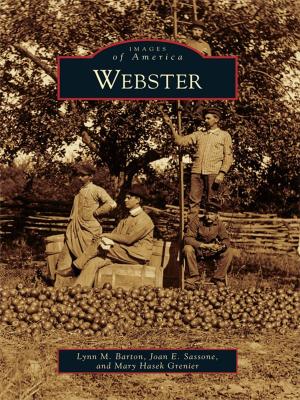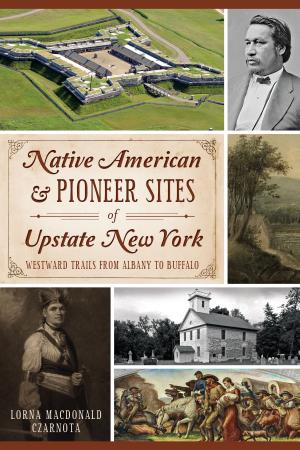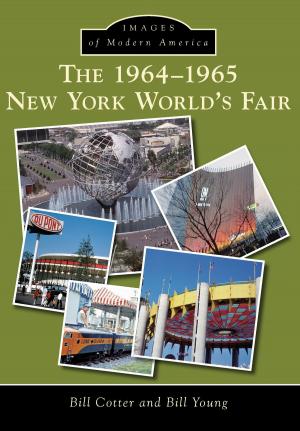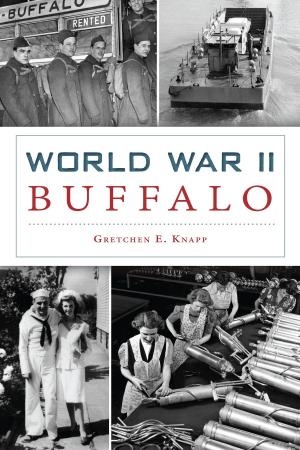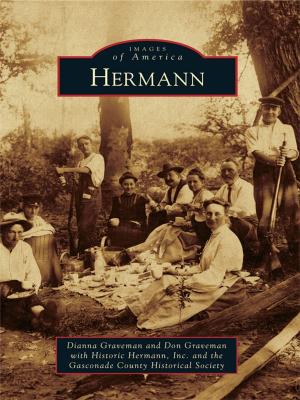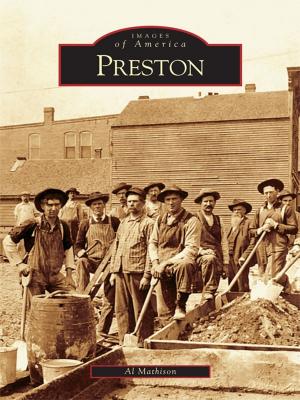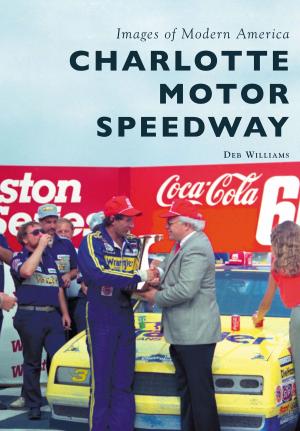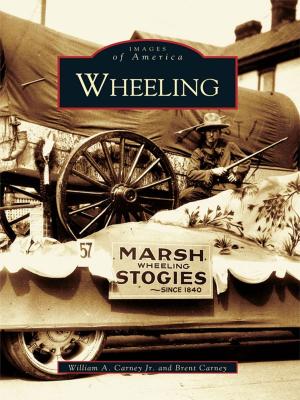Railroad Depots of West Central Ohio
Nonfiction, Reference & Language, Transportation, Railroads, History, Art & Architecture, Photography, Pictorials, Travel| Author: | Mark J. Camp | ISBN: | 9781439632895 |
| Publisher: | Arcadia Publishing Inc. | Publication: | April 26, 2006 |
| Imprint: | Arcadia Publishing | Language: | English |
| Author: | Mark J. Camp |
| ISBN: | 9781439632895 |
| Publisher: | Arcadia Publishing Inc. |
| Publication: | April 26, 2006 |
| Imprint: | Arcadia Publishing |
| Language: | English |
Twelve railroad lines served west central Ohio around 1907 and were the lifeblood of the communities they ran through. Bellefontaine, Bradford, and Crestline became major terminals, and lesser known places like Dola, Ohio City, and Peoria also owe their existence to the iron horse. Around 300 depots served the west central region, with the earliest dating to the late 1840s. The depot was the center of activity in the smallest village to the largest city. Many of the depots no longer exist�victims of progress, nature, or neglect. Some survive as historical museums, various businesses, and residences; a few remain in railroad use. The proud history of railroading lives on in the restored depots at Bucyrus and Galion�two architectural gems of the Buckeye State. Railroad Depots of West Central Ohio shares a tale of the golden age of rail travel through vintage postcards and mid-20th-century photographs of selected depots and other railroad structures.
Twelve railroad lines served west central Ohio around 1907 and were the lifeblood of the communities they ran through. Bellefontaine, Bradford, and Crestline became major terminals, and lesser known places like Dola, Ohio City, and Peoria also owe their existence to the iron horse. Around 300 depots served the west central region, with the earliest dating to the late 1840s. The depot was the center of activity in the smallest village to the largest city. Many of the depots no longer exist�victims of progress, nature, or neglect. Some survive as historical museums, various businesses, and residences; a few remain in railroad use. The proud history of railroading lives on in the restored depots at Bucyrus and Galion�two architectural gems of the Buckeye State. Railroad Depots of West Central Ohio shares a tale of the golden age of rail travel through vintage postcards and mid-20th-century photographs of selected depots and other railroad structures.
